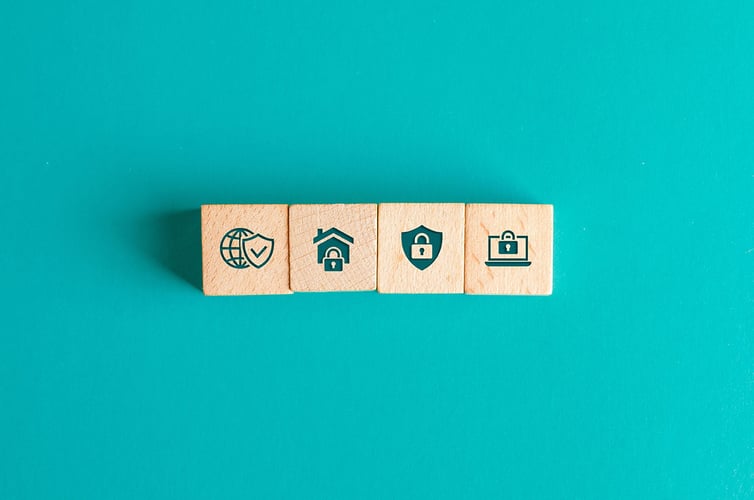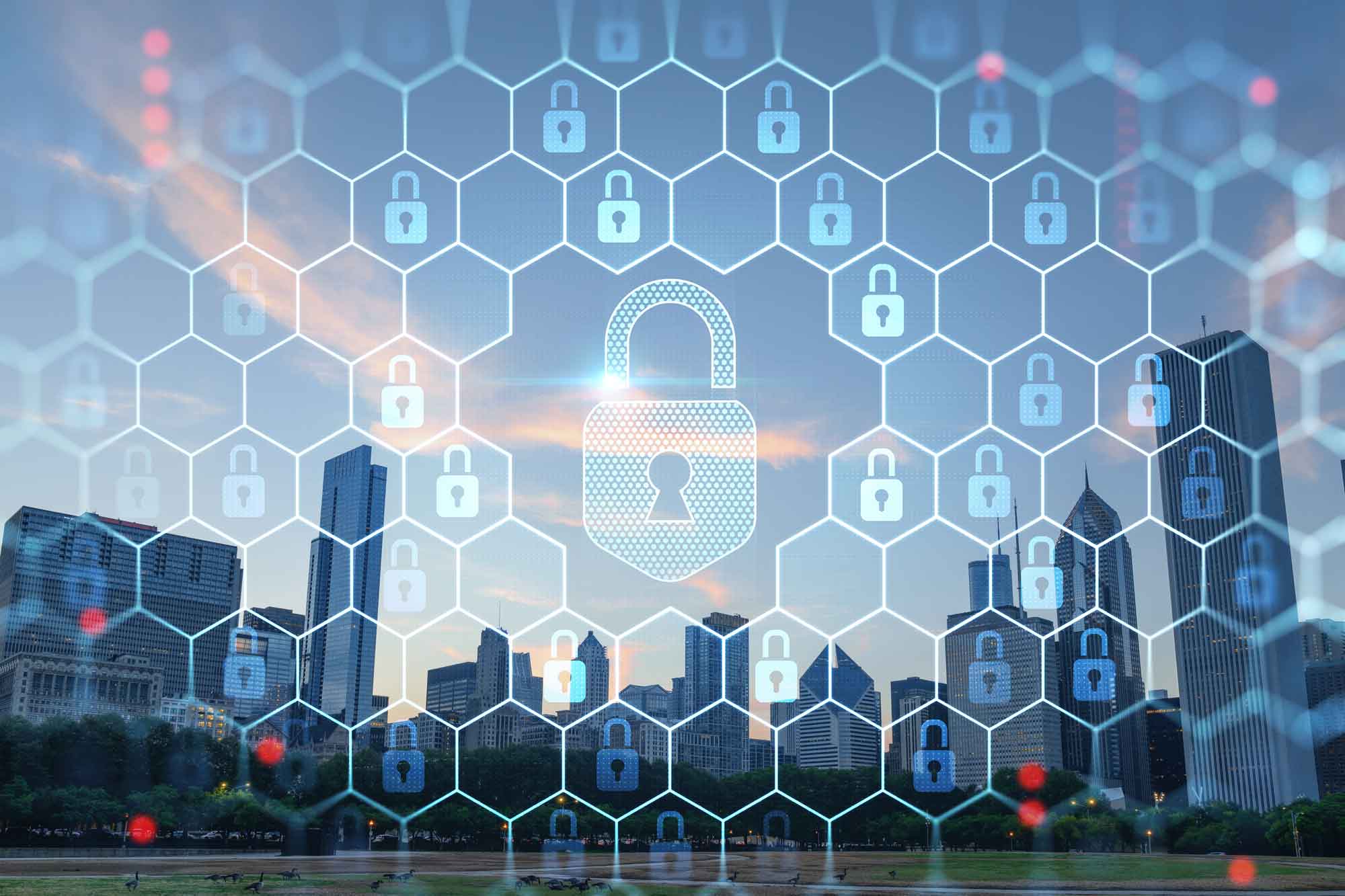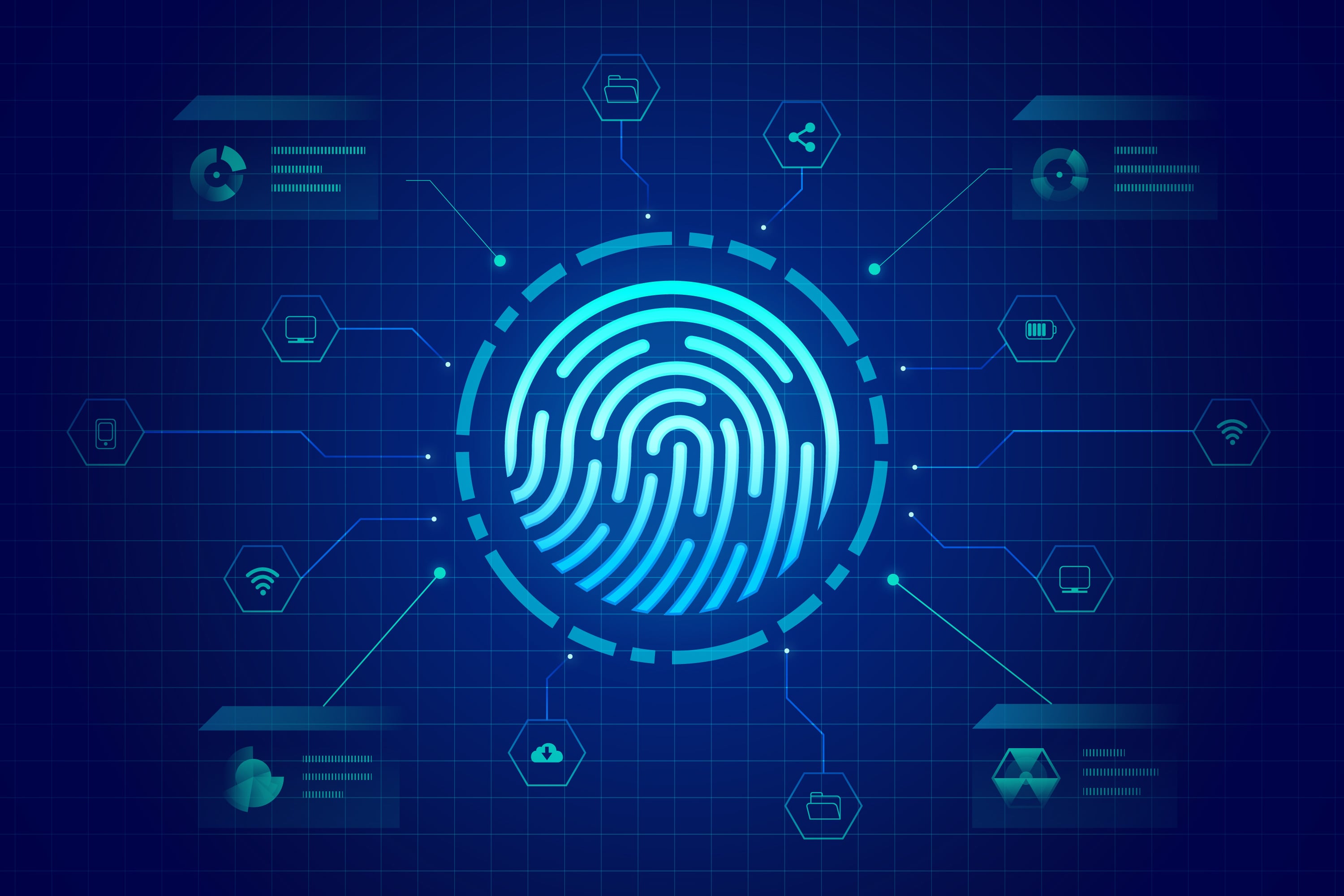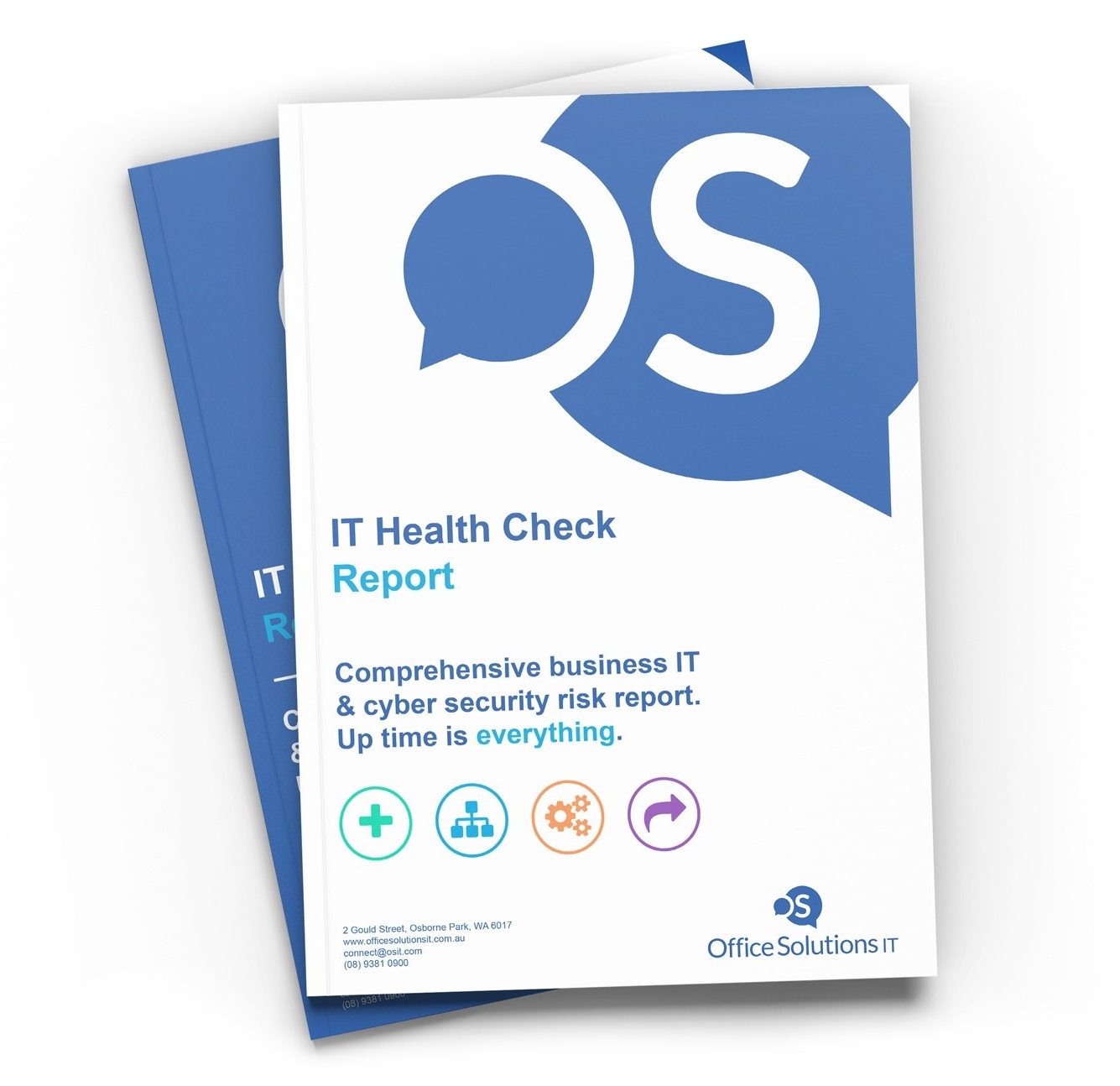The cyber security game has changed in the decades since the internet’s inception.
Organisations, especially small to medium-sized businesses (SMBs), are top targets for criminals. The number of cyber-attacks and new tactics against SMBs is growing and getting more sophisticated by the day, and it doesn’t look like it’s stopping anytime soon.
What is cyber security?
Cyber security is the technology and operation used to protect your IT (network, devices, etc.) from intentional or unintentional damage, a wide range of cyberattacks, and unauthorised access. From a business owner’s perspective, cyber security protects the business as a whole. It creates a secure space for the company, employees, and customers. That’s why businesses of all sizes and industries should have cyber security.
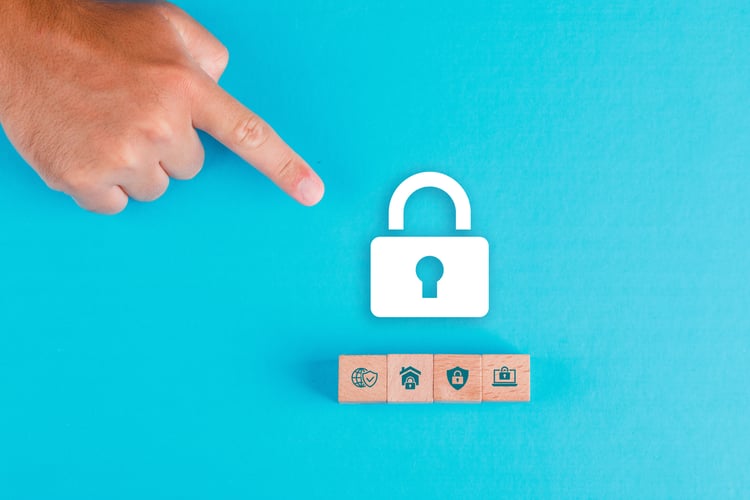
Why cyber security is important?
As cyber-attacks are growing more vicious by the day (especially during the COVID-19 pandemic), the need to prevent hackers from getting their hands on your data is growing, as well.
Businesses have to increase their cyber security now more than ever. But unfortunately, there are still many who think of it as an unnecessary expense until it's too late and they get attacked. Don’t make the expensive mistake of waiting for a cyber-attack to happen because all it takes is one click on a phishing email link for you to fall victim to a data breach.
The rising costs of data breaches
The average cost of a data breach in Australia increased by 9.8%. That’s equivalent to one cyber attack every eight minutes. According to the Australian Cyber Security Centre’s (ACSC’s) 2020-21 financial year report, the total self-reported losses due to cybercrime is over $33 billion.
The rising sophistication of cyber attacks
Cyberattacks aren’t what they were before. There are newer and more sophisticated tactics created every day.
Human error is still the top cause of data breaches, and cybercriminals use that to their advantage. That’s why they still rely on traditional methods to spread malware and target possible victims. It can either be through social engineering, phishing emails, or malicious links.
The rising difficulties of cyber security
Cyber security isn’t what it once was back in the olden days. Simply having anti-virus software to protect you from cyber risks is not enough anymore, although it can still provide some protection.
Since cyber-attacks are getting more sophisticated, your cyber security should keep up with modern-day cyber-attacks to reduce your risk of attacks and protect your business from financial disasters.
How cyber security protects you
There’s more to cyber security than installing anti-virus software and a firewall.
Cyber security can do a lot more for your business than protect your data from hackers. If you look at it from a business perspective, cyber security will protect you from reputation damage and operation downtime. It should help you achieve a specific set of goals ensuring business continuity, such as data confidentiality, integrity, and availability, otherwise known as the CIA triad.
Confidentiality
Maintaining data confidentiality entails keeping data away from unauthorised people. Never disclose any sensitive company data to any entities outside the organisation.
Maintain a sense of security when giving access to data by second-guessing authorisations and confirming all access requests.
Integrity
Integrity entails maintaining data accuracy and completeness – free from any modifications or removal from unauthorised entities or technical snags. Data integrity should provide irrefutable proof that your information is accurate and complete.
Successful cyberattacks can obstruct your data’s integrity by modifying it before it synchs to backup or reach its destination making it inaccurate.
Availability
Availability ensures that data is accessible to all authorised entities whenever and wherever. This cyber security goal would involve people outside of the cybersecurity field, making maintenance a challenge. Cyberattacks like Denial of Service specifically target data availability rendering a machine or network inaccessible even with admin-level access.
![]()
How to protect your business with cyber security
Use strong passwords
We still see many professionals who use weak passwords on their online accounts. Using weak passwords such as “admin” and “123546789” poses a substantial risk to your data. This reality is especially true for online accounts that handle sensitive data like banking, office systems, or personal social media.
To reduce the risk of cybercriminals hacking into your accounts, we recommend that you follow these password tips:
- Use unique passwords for every one of your accounts
- Use long passwords (at least ten characters long)
- Use a combination of lowercase and uppercase letters
- Use numbers and special characters
Use Two-factor Authentication (2FA)
Do you remember that code you have to enter after you log in? That extra layer of security will help you secure your data even if someone gets ahold of your online credentials. Almost, if not all, online platforms now recommend you enable 2FA to prevent any unauthorised logins into your accounts. Other applications and banking institutions now have face detection and phone code verification to add another level of security on top of the 2FA.
Although many find this security feature a hassle, it does provide substantial benefits in case your credentials get stolen. So overall, it is worth the inconvenience.
Know what to avoid
Cybersecurity is not just about having the most sophisticated IT security and letting it do the rest. Security awareness is equally as essential as having firewalls, anti-virus software, and backups.
Everyone is at risk of cyber threats, especially SMBs. Simply knowing what to avoid online and how to avoid them can go a long way. Thinking that you’re not a possible target to hackers because your business is small or you don’t think your data is worth it leaves you open to exploitation.
Feel free to register for our monthly security awareness webinar taught by our very own Cyber Security Specialist. Get to learn about modern-day cyber attacks and how to protect your data against them.
Use security software on all your devices
Aside from human error, one of the most common reasons why businesses get breached is the lack of security software on all their devices. When they do have it installed, it’s wildly outdated. This oversight leaves your devices vulnerable to cybercriminals waiting to exploit your data.
To reduce the cyber risks, ensure that all your devices (computers, smartphones, etc.) have security software and everything is up to date with the latest patches. The security software will regularly scan your devices for any threats that may come as a link, attachment, or hidden document. Regularly updating your operating system and applications would allow the vendor to fix security issues and apply patches to any possible vulnerabilities.
Let experts handle your cyber security
Hiring experts to handle your cyber security points you in the right direction early on. By doing so, you’re more likely to have the appropriate security package fit for your business (depending on whether your Managed Service Provider offers tailor-fit packages, which we do). We don’t recommend that you fix cyber security incidents on your own. Always consult with experts when fighting against data breaches, hackers, and malware.
You can learn more about our cyber security services for Australian businesses here.




